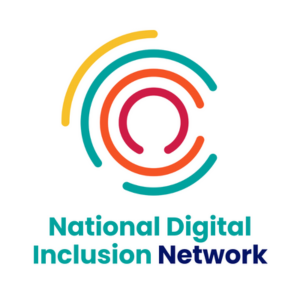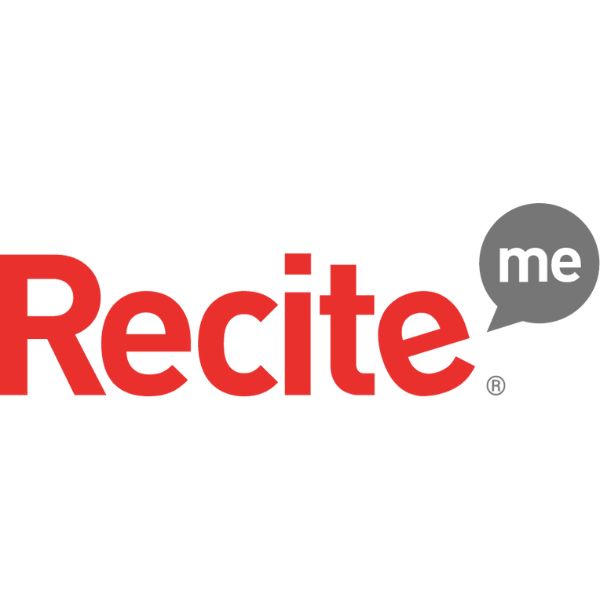Insights
INSIGHTS
All Topics
My Account
How charities are celebrating Black History Month 2022
18 Oct 2022
We discover the various ways that charities are commemorating Black History Month in the UK
October in the UK is Black History Month, a time dedicated to celebrating the life and achievements of influential Black people across the world, from Manchester United footballer Marcus Rashford to Phillis Wheatley, the first published African-American poet.
Now in its thirty-fifth year, Black History Month aims to redress the imbalance of history by shining a light on the stories that have often been overlooked or overwritten in the past.
The theme for Black History Month 2022 is ‘Time for Change: Actions not words’. It is a time for organisations to reflect on their diversity and inclusion policies, commit to anti-discrimination and anti-racism policies, and celebrate Black people in their community.
While part of the month is dedicated to ensuring that racial discrimination and injustices are addressed, it is also important that time is given to celebrating joy and progress, highlighting the many achievements of Black people in sport, music, cinema, and much more.
Catherine Ross, Editor of the Black History Month magazine, writes: “Black people are often given the double burden of experiencing racism and discrimination, and then being expected to fix it. Hopefully, by making the theme of this year’s Black History Month magazine and website ‘Time for Change: Action Not Words’ we can come together to make a change for the better.
“Yes, Black History Month is a time to celebrate black history, heritage, and culture, and the iconic figures that have contributed so much, but this year, let’s make it about so much more. If you’re serious about allyship, it’s Time for Change: Action Not Words.”
In the charity sector, there are many ways to get involved with Black History Month. Here we look at what organisations are doing to celebrate and commemorate Black people, past and present, in their area.
What charities are doing for Black History Month
The Brain Tumour Charity
The Brain Tumour Charity is highlighting the contributions of Black people in its community and asking them to share their thoughts on social media about what Black History Month means to them.
For its second spotlight, the charity spoke to neurosurgical trainee Ola Rominiyi, who is leading innovative research in developing new 3D models of glioblastoma cells. Our second spotlight for #blackhistorymonth celebrates neurosurgical trainee Ola Rominiyi, who is leading innovative research in developing new 3D models of glioblastoma cells. Listen as he reflects on what this year's theme, "Time for Change: Action Not Words", means to him. pic.twitter.com/pnDnqeCjRQ
Blueprint for All
Blueprint for All, the charity dedicated to helping ethnic minority communities access better professional opportunities, has released a new report to coincide with Black History Month.
The #WeBelongHere report has been launched to explore how young adults feel about how they are represented and talked about in public discourse, examining the “language used to define their ethnic heritage”.
The report revealed that young adults rejected the use of terms such as BAME, which they found to be too general and its meaning not well-known and preferred instead to “self-define their own ethnic heritage”.
The report concluded with a number of recommendations to improve inclusivity, including suggestions on how to expand the UK’s historical knowledge and education, have open conversations around racism, and be clearer about what data will be used for.
The report is one of a number of initiatives Blueprint for All is running during Black History Month. The charity has also asked supporters, team members, and corporate partners to talk about what the month means to them, sharing their stories on social media and on its website.
It is also working with Marks and Spencer so that every time someone donates to Blueprint for All – or another charity committed to community and inclusion – the donation is doubled by the retailer throughout October.
Mind
Mental health charity Mind has talked openly about the work it is doing to become an actively anti-racist organisation. Part of this work included apologising and acknowledging fault after poor communications on its Twitter page in September “gave the impression that [they] were minimising racial trauma”.
For Black History Month, the charity also has a dedicated page on its website pointing people to resources and places they can find mental health support. The charity recognises that some of the stories shared during Black History Month may be “inspiring” or “tough” to experience and direct people to helplines, online forums, and local services that can help.
“Racism experienced by Black people can mean feeling unsafe, unwelcome and that the odds are stacked against you,” says the charity. “If you’re finding things tough, we want you to know you’re not alone. That’s why we’ll be using our channels to amplify the voices and stories of Black people during #BlackHistoryMonth.”
Show Racism the Red Card
The UK’s leading anti-racism education charity Show Racism the Red Card is holding its annual Wear Red Day on 21 October 2022, to coincide with Black History Month.
In 2021, 250,000 people registered to wear red in the name of anti-racism, with donations going towards delivering educational workshops, staff training and producing educational resources for approximately 50,000 young people and 6,000 adults each year.
October is also when the charity runs its Action Weeks with football teams across Wales and Scotland to deliver the message of anti-racism at matches and beyond. The Action Weeks form part of the Football Against Racism in Europe (FARE) Football People Action Weeks, which aim to “unite supporters, clubs, ethnic minorities and communities affected by discrimination” and tackle discrimination in football.
Black History Month and beyond
There are also lots of anti-racism and Black-led charities to donate to during Black History Month, such as women’s charity Southall Black Sisters, youth charity Power the Fight, and Black Cultural Archives, whose mission is to “collect, preserve and celebrate the histories of people of African and Caribbean descent in the UK and to inspire and give strength to individuals, communities, and society”.
But organisations should remember that celebrating Black History Month isn’t simply about donating, commemorating, and moving on. It’s important that charities put inclusivity and diversity at the heart of all decisions and reinforce their commitment to overcoming racial inequality across the entire sector.
As Black History Month demonstrates, raising awareness of injustice is vital; but so, too, is action to prevent it.
Our Events
Charity Digital Academy
Our courses aim, in just three hours, to enhance soft skills and hard skills, boost your knowledge of finance and artificial intelligence, and supercharge your digital capabilities. Check out some of the incredible options by clicking here.














